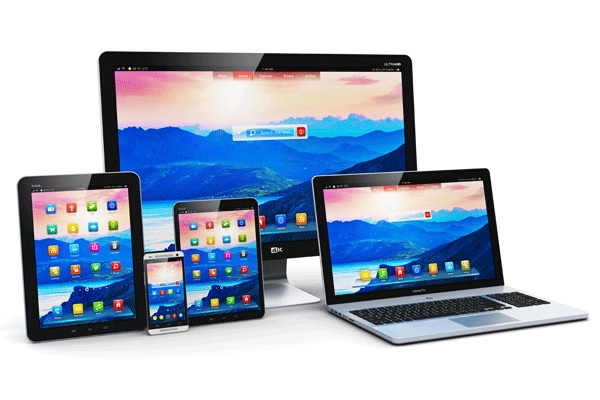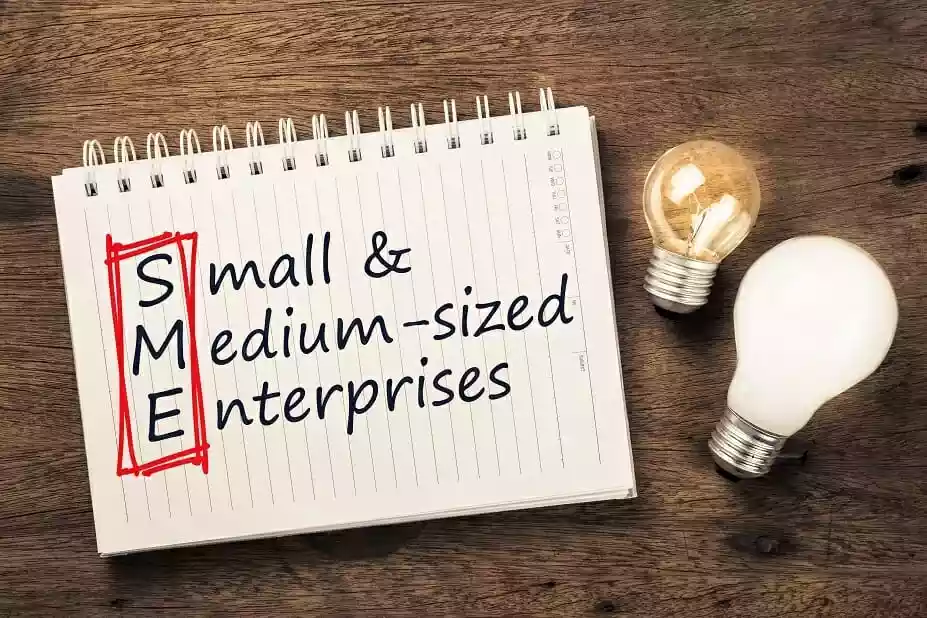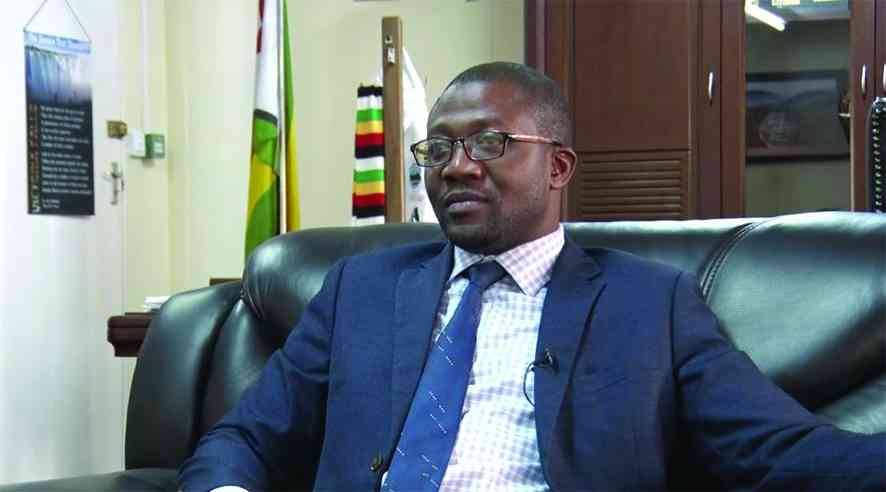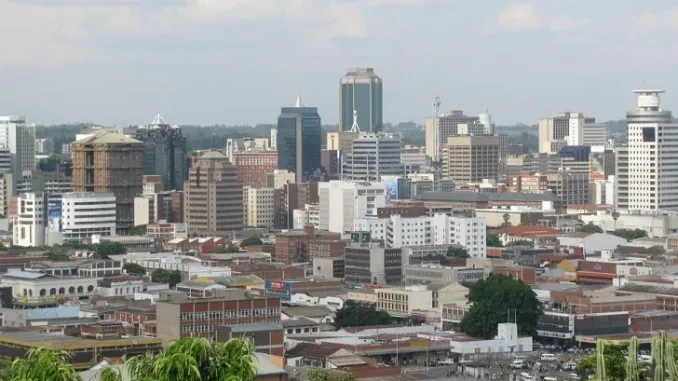
The rapid urbanisation, technological and economic growth seen in Africa is exceedingly going digital, opening up a successfully secured venture into e-commerce technological investments.
BY KUDZAI GOREMUSANDU
Evidence of what is predicted can already be seen in Africa’s major cities, where a growing number of consumers have greater disposable income, with more than half the consumers having access to internet-capable devices, 3G, and other wireless networks.
The explored continental infrastructure investment developments, such as increased access to mobile broadband, fibre-optic cable connections to households, and power-supply expansions, together with the rapid spread of low-cost smartphones and devices, enable millions of Africans to stay connected.
This has devoted a growing surge of innovation in entrepreneurs and large corporations alike to launch new web-based technological ventures.
According to McKinsey, a majority of urban Africans own internet-capable devices and are regular online users.
In the coming decade, with the continued infrastructure investment developments, the internet is projected to take hold on a much larger scale, potentially adding $300 billion a year to Africa’s gross domestic product (GDP). E-commerce in Africa is expected to generate annual sales of $75bn by 2025.
The digital world is growing exponentially across the continent, transforming these key sectors — finance, education, health, retail, and agriculture.
- Chamisa under fire over US$120K donation
- Mavhunga puts DeMbare into Chibuku quarterfinals
- Pension funds bet on Cabora Bassa oilfields
- Councils defy govt fire tender directive
Keep Reading
Although still used in many parts of the continent, cash payments bear high costs to consumers, banks, and governments in Africa; costs associated with manual acceptance, record keeping, storage, counting, and transportation.
This is the main contributor to the shift to e-commerce. With restrictions and limitations to infrastructural developments, comes great opportunity.
While over 80% of people in Africa do not have access to traditional banking, more than 220 million are registered mobile money users.
And, while only 63% of Africa’s population has access to piped water, 93% of the population has mobile devices.
Although Africa’s internet gross domestic product (iGDP) is currently at a low, McKinsey predicts that by 2025, Africa’s iGDP should grow to at least 5% to 6%, meeting that of leading economies such as Sweden at 6,3%, Taiwan and the United Kingdom tied at 5,4%, and Japan at 4.0%.
An iGDP is the measurement of the internet’s contribution to the overall GDP.
African countries, such as Senegal and Kenya, are in the lead with Africa’s highest iGDP.
Senegal’s iGDP is at 3,3%, followed by Kenya at 2,9%, and Morocco at 2,3%, with South Africa at a low 1,4%.
If the internet achieves a similar impact as the spread of mobile phones in Africa, iGDP is predicted to account for as much as 10%, or $300bn, of total GDP alongside producing a rise in economic and social development.
Africa has exceptional features that will contribute to the huge consumer spending opportunity presented by smart e-commerce innovations.
These features include Africa’s booming urbanised population, the low rate in retail outlets, and the heightened mobile capabilities, all of which are great contributors to the transformation of key sectors.
Technological production gains in these sectors are projected to reach $148bn by 2025.
Financial sectors
The internet provides a reduction in transaction costs and acts as a wireless bridge of financial services to people who live in remote areas that are further from structural banks, branches, and ATMs.
In Kenya, for example, mobile-money services, such as M-Pesa, are a response to the absence and unavailability of banks.
M-Pesa is a mobile-money service that gives millions of Africans access to digital finance.
The cost of making remittances via M-Pesa is about half of other formal domestic remittance services, as payments can be made with the use of mobile phones, which have a shorter travelling distance than bank branches.
The service has also brought financial services to the numbers of unbanked families, who can now easily transact at their convenience.
M-Pesa makes the synergy between all other sectors more capable as many start-ups are incorporating it as part of their entrepreneurial business models.
While one business uses M-Pesa’s model to make school fees payments, another uses it to form an informal savings group.
An example is Bridge International Academies, a low-cost-for-profit educational franchiser that found that M-Pesa assisted in obtaining real-time financial data, enabling it to become more trusting and reduce record-keeping.
Morocco, even though at a low 2,3% in iGDP, has boasted the Casablanca Finance City Hub, a financial service aspiring to bridge the gap between the North and the South, seeking to encourage and attract international institutions and investors to operate in North, West and Central Africa, choosing Casablanca as a gateway to access the region.
Digital technology will bring more than 60% of Africans access to banking services by 2025, and more than 90% using mobile wallets for daily transactions and remittances.
Kudzai is a strategic and innovative business consultant. He offers consultancy services to local and international investors. Contact: [email protected]











